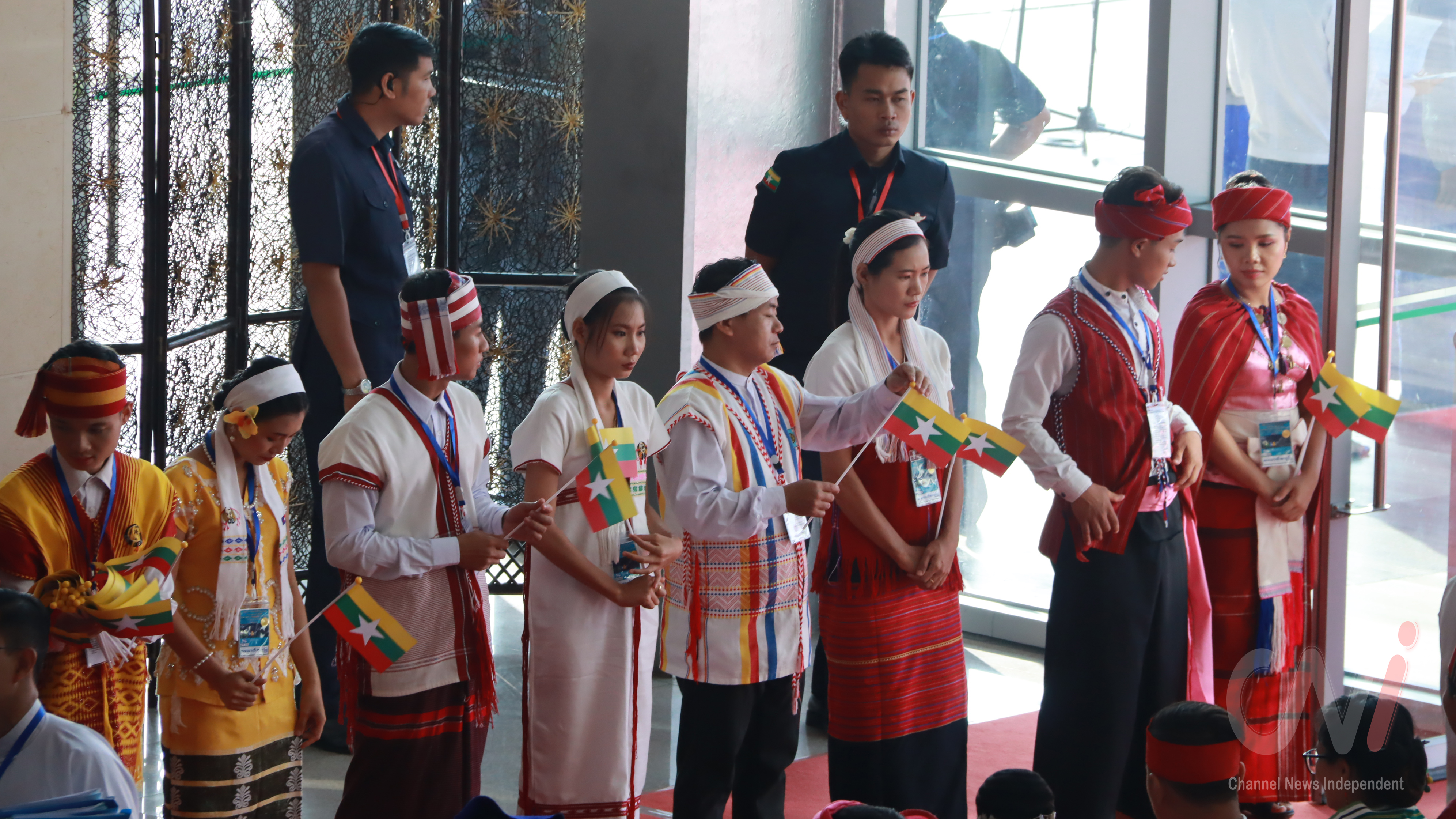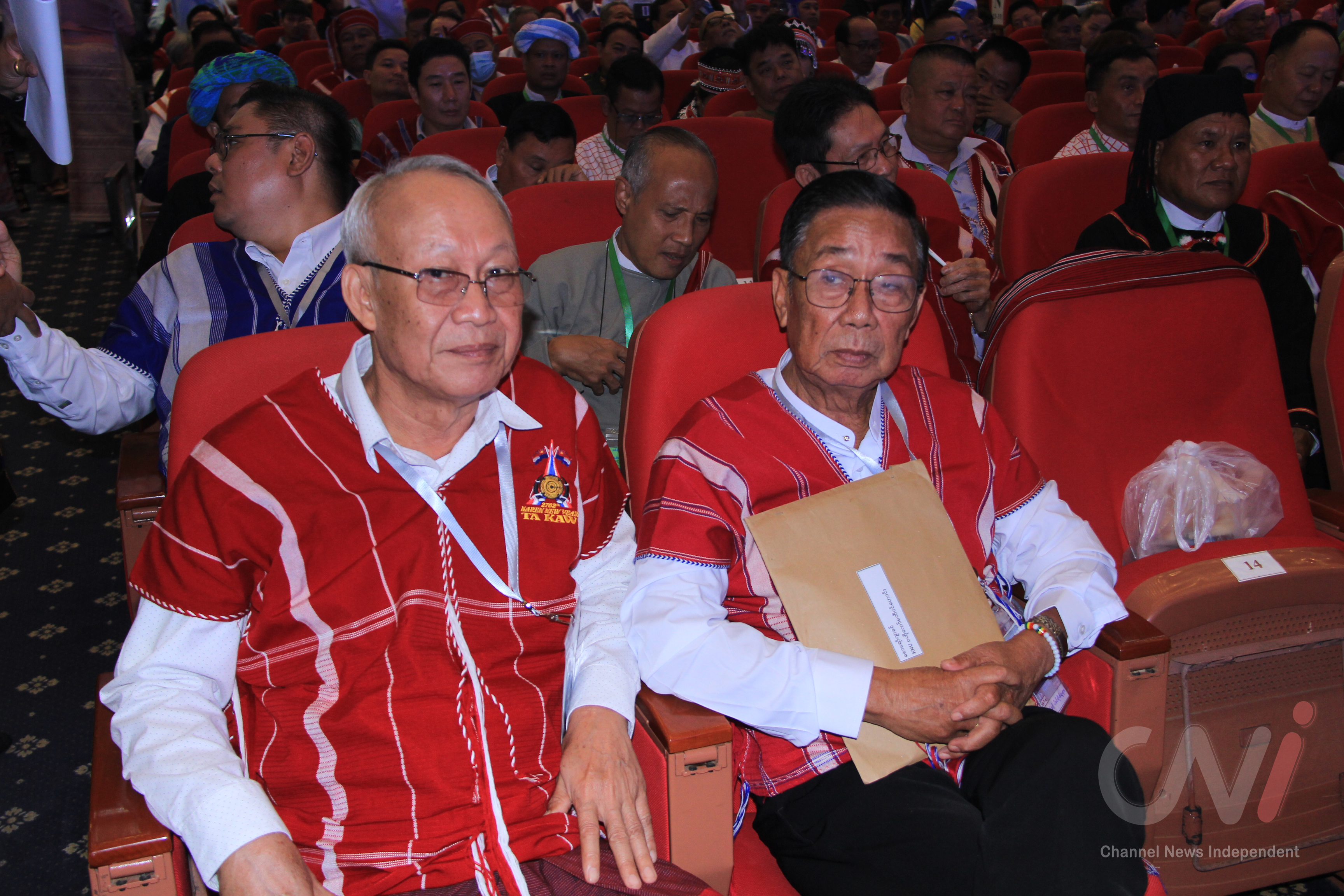CNI News
27 April 2024
There were searches for an answer to end armed conflict and make peace, Padoh Saw Shwe Maung, former chairman of Dooplaya District of the Karen National Union (KNU), told CNI News.
There were attempts to end the armed conflict in the entire nation including Karen State and at the same time, monks also had sent the letters of request to Karen armed groups, he said.
" We must say they are trying to resolve the problem. Armed conflicts are taking place because they haven't found a right solution. There are attempts to end the war, thinking of various ways. The monks also have sent letters of request to the organizations concerned. And then, more letters which support the letters of request were sent as well. I have to say that they are doing what they can." said Padoh Saw Shwe Maung to CNI News.

While seeing union ethnic people
At present, because of battles that took place in Myawaddy Township, Karen State, the Thai-Myanmar border trade has been suspended. Because the border trade is stopped, it is adversely affecting the entire nation including Karen State and attempts should be made in order to reopen the border trade, said a politician.
The people should release their attitude in order to reduce battles and the political problem could not be resolved by the armed method, Mahn Pyi Aung Soe, chairman of the Karen National Democratic Party, told CNI News.
" Armed organizations should control themselves or give in a little. The people also should release their attitude. The political problem can't be resolved by the armed method. We didn't succeed although we solved the problem in this method for over 70 years. Finding an answer by negotiation is the best." he said.

Padoh Saw Shwe Maung
There has been an agreement between the Tatmadaw and revolutionary forces to abstain from waging battles in Myawaddy Township to designate the township as a non-combat economic zone reportedly.
Because of armed conflicts, border trades have suspended and the people are daily suffering from economic crisis, higher prices, monetary inflation and insecurity.




